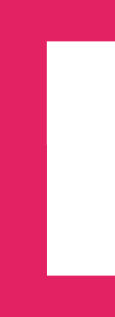Total Health Spending
€3,272,692
€968,183
Communicable
Diseases
€95,000
Non-Communicable
Diseases
€380,603
Maternal and
Child Health
€197,500
Water, Sanitation
and Hygiene
€1,631,406
Health Systems Strengthening
Upholding the right to better health, clean water and sanitation
Improving health outcomes for those living in poverty, whether in crowded urban settlements or remote rural areas, has been a focus of our members’ projects for decades. Our members uphold the right to improved health outcomes for those living in poverty by focusing on access to quality healthcare, clean water, sanitation and hygiene. Considering the needs of the most vulnerable and furthest behind means that our members address the unique health issues of the elderly, pregnant mothers, children, those with disabilities, and refugees and displaced people.
In 2022, our members’ health projects reflected the health issues on the global stage, including the lingering impact of the COVID-19 pandemic, maternal and infant mortality rates, and mental health disorders (also exacerbated by the pandemic). Skills training for new nurses, midwives and other healthcare personnel is helping to offset the strain on health systems overburdened by the pandemic and also increasing healthcare access to greater numbers of people in vulnerable, underserved communities.
Within this context, missionaries are masters at doing more with less, understanding that improving people’s health doesn’t always require complex responses. Boreholes and solar powered water pumps can bring safe, clean water to thousands and stave off water borne diseases and their negative effects on child nutrition and mortality. Hand washing stations constructed from basic household materials help to slow the spread of COVID-19 in communities without access to good household sanitation systems.
Daughters of Charity, Nigeria
Nutrition programmes improved health and mortality outcomes for 17,000 children and pregnant women in 20 communities.
The Redemptorists, South Africa
Providing comprehensive home-based care for over 18,000 people living with HIV and AIDS.
IMPACT*
1 million
people accessed quality health services
1,406
contributions to health system strengthening, such as training of health personnel
12,930
*These figures represent a subset of results reported by our members in 2022 using funding allocated in 2021.

The Faraja Centre: Community Based Healthcare for a remote community
Misean Cara member
Medical Missionaries of Mary
Country
Tanzania
In Singida, Tanzania, the Medical Missionaries of Mary (MMMs) operate the Faraja Community Based Healthcare Centre (FCBHC) to serve the needs of poor people in this remote district of nearly two hundred thousand people. Established in 2002 to provide the first Voluntary Counselling and Testing (VCT) service in Singida Municipality for the country’s ongoing HIV and AIDS epidemic, the Faraja Centre’s outreach-based service model has expanded to include people, especially cancer patients needing hospice and palliative care, persons with disabilities, survivors of gender-based violence (GBV) and those affected by human trafficking (HT).
More than 90% of cancer diagnoses in Singida are made at a late stage, with hospice or palliative care usually being the only treatment option left. However, very few patients have access to palliative care services due to the vast distances to healthcare facilities, patients’ inability to travel, limited training of clinical staff and shortages of trained professionals. The FCBHC programme provides holistic, in-home palliative care and hospice services to 250 cancer patients in the community every year. To ensure a higher calibre of caregiving, palliative care health workers receive additional training in patient care and are equipped with bicycles to facilitate their outreach into communities to deliver care and raise awareness.
An awareness raising programme that informs people about human trafficking, HIV and AIDS, sexually transmitted infections and gender-based violence aims to influence attitudes, behaviours and knowledge about these critical public safety and health issues. In Singida, an increase in cases of HIV is anticipated in the wake of the pandemic lockdowns. FCBHC’s Voluntary Counselling and Test services will increase their reach to 1,500 people each year and will include counselling and health care support.
Gender based violence and human trafficking are also major challenges throughout the economically depressed areas of Singida. Public awareness sessions aimed at reaching more than 50,000 people a year will provide anti-human trafficking awareness, advocacy and education. The MMMs are also involved in lobbying at a broader level, with police, government and social welfare officials, lawmakers and community leaders working together to ensure that a safety net of support services exist for survivors of human trafficking. The platform also engages in anti-trafficking awareness raising activities and rescue and rehabilitation of survivors. Working together, the platform has helped in the rescue of more than 100 people from trafficking.
For further information about our work or to comment on this report, please contact:
Misean Cara
4th Floor, Callaghan House,
13-16 Dame Street, Dublin 2,
D02 HX67, Ireland
Tel: +353 (0) 1 405 5028
Email: info@miseancara.ie
Facebook: /MiseanCaraIreland
Twitter: @miseancara
©2023 Misean Cara
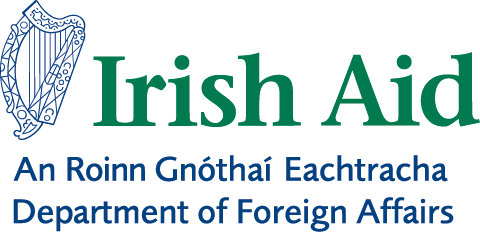
Misean Cara gratefully acknowledges the funding support of Irish Aid.
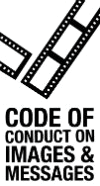
Misean Cara has signed the Dóchas Code of Conduct on Images and Messages for Non-Governmental Development Organisations.
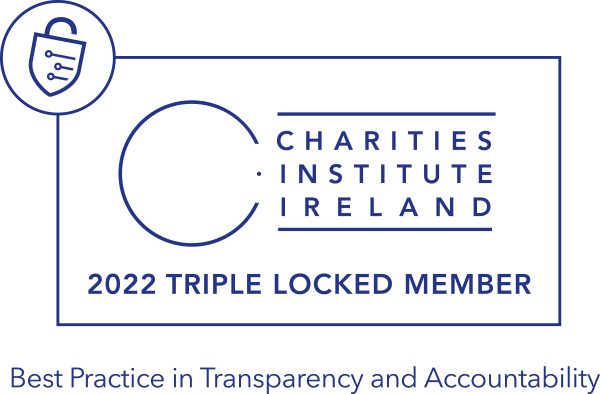
Misean Cara has achieved the triple-lock standard of good governance & reporting standards.
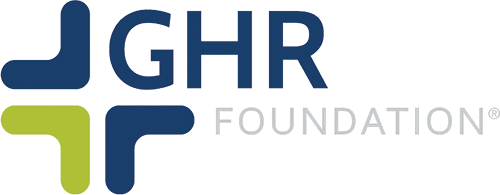
Misean Cara gratefully acknowledges the funding support of GHR Foundation.
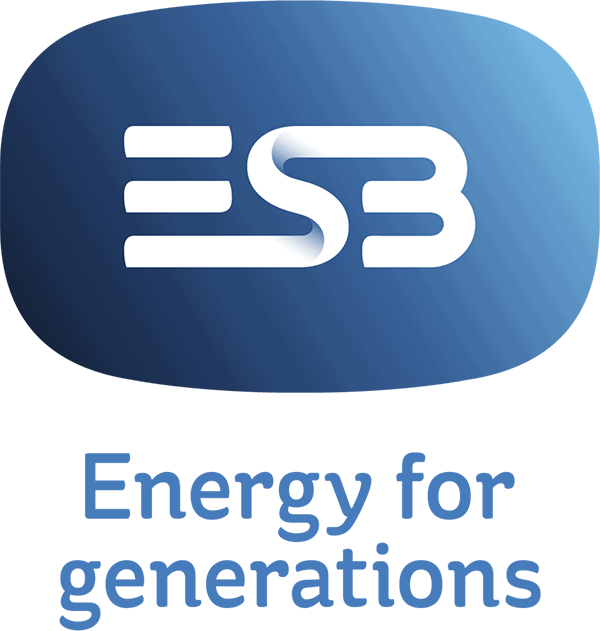
Misean Cara gratefully acknowledges the funding support of ESB Electric Aid.

Misean Cara gratefully acknowledges the funding support of Americares.
